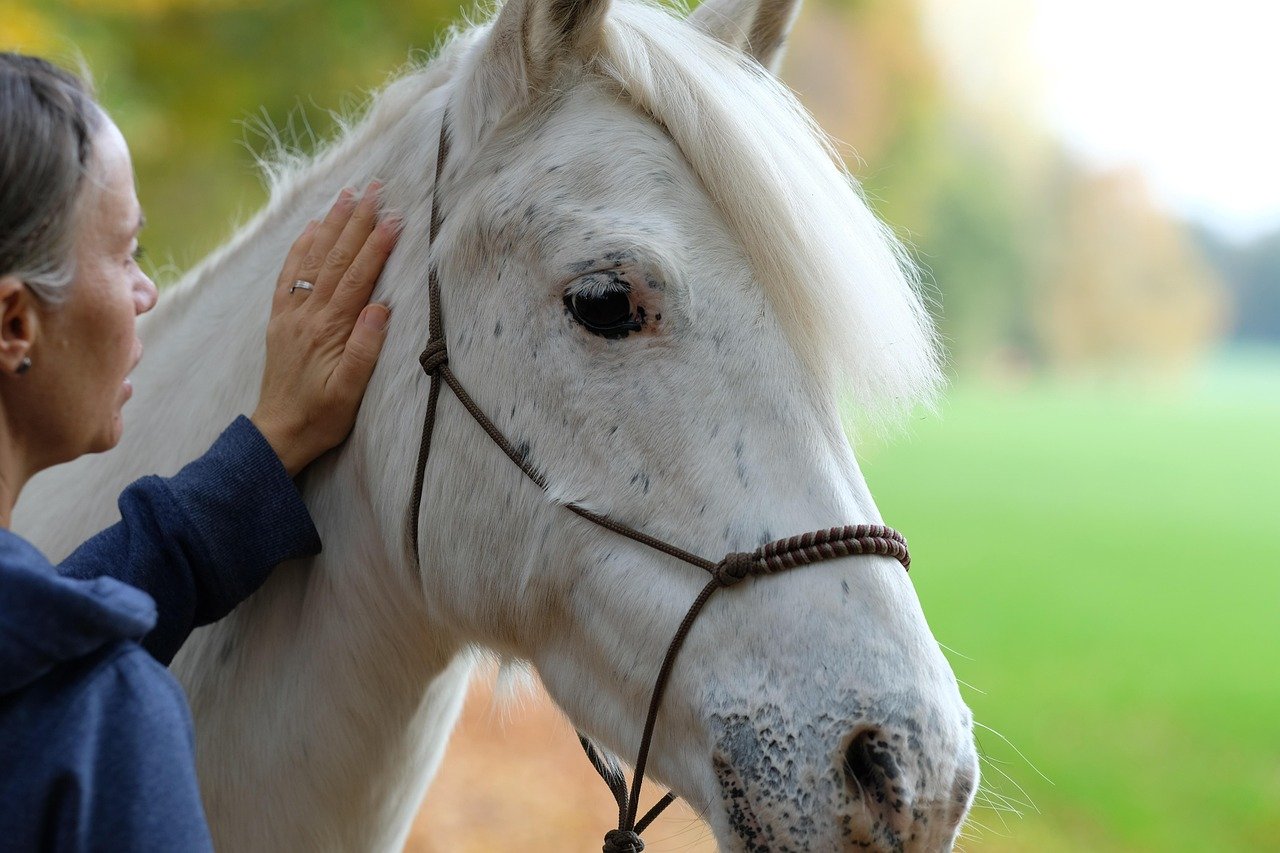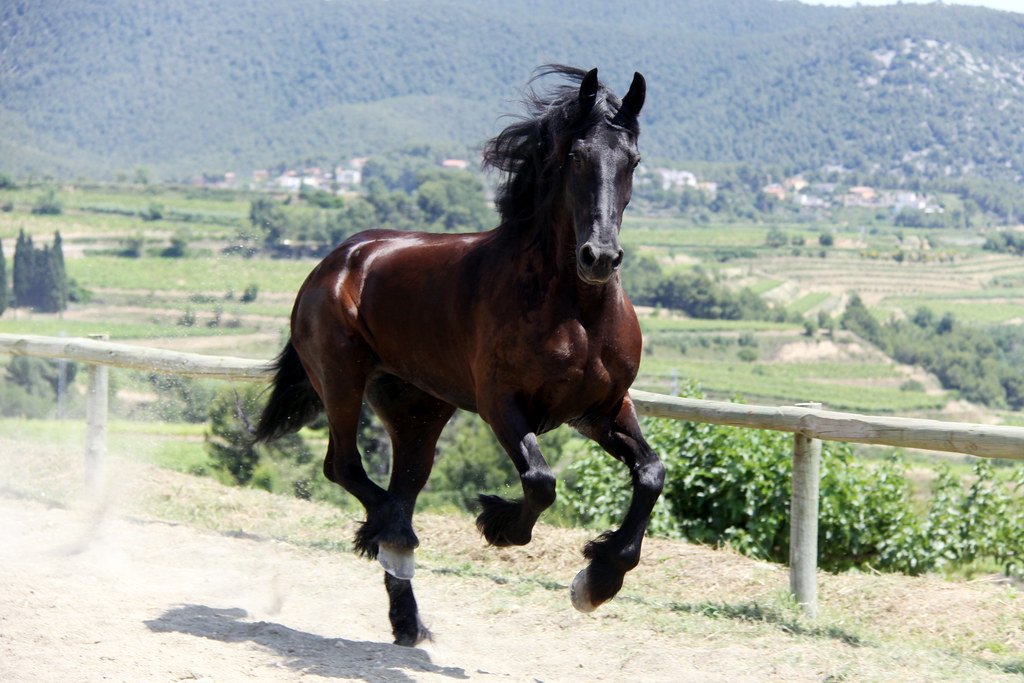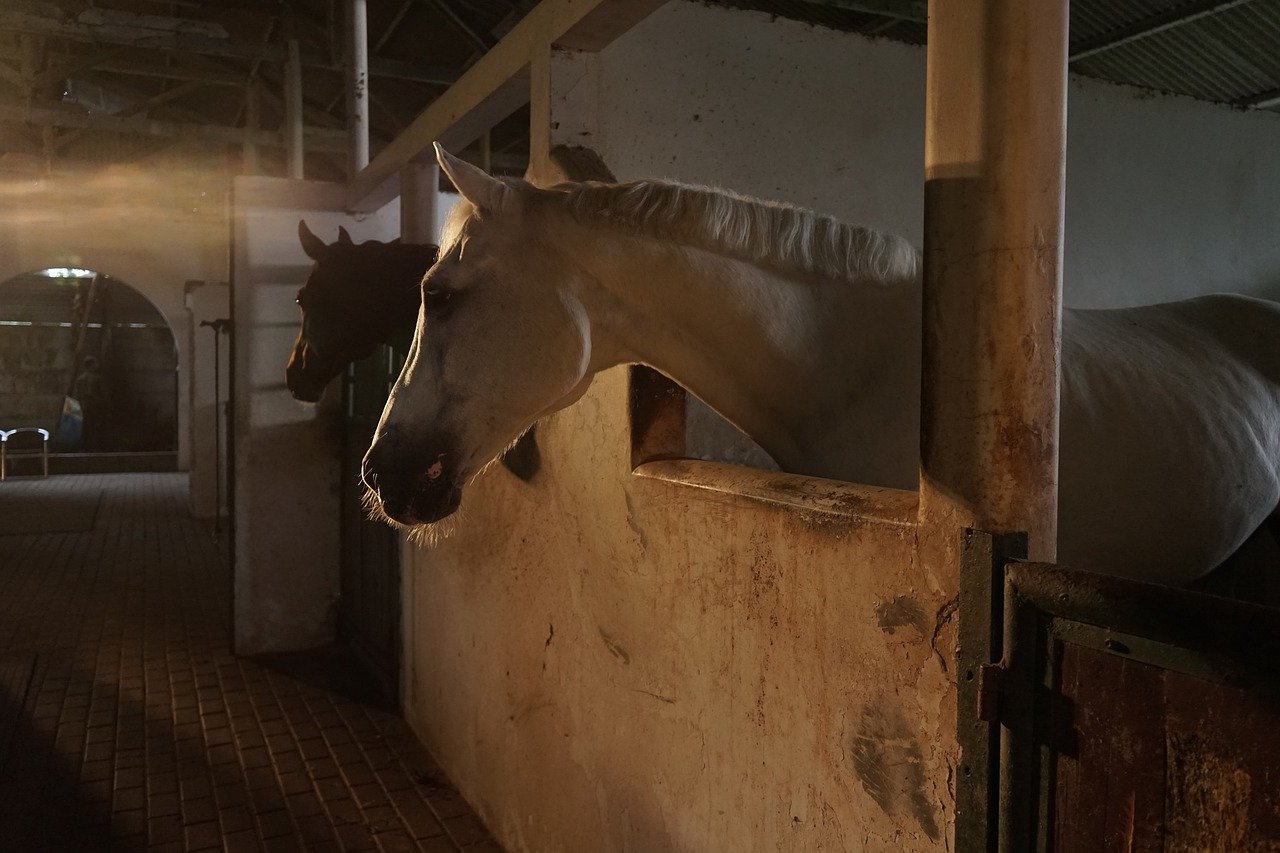Is there anything more magical than the bond between a person and their horse? Horses don’t just carry us—they inspire us, comfort us, and even challenge us to be better humans. But as horse lovers, it’s easy to worry: “Am I really doing enough for my horse’s happiness and health?” If you’ve ever caught yourself watching your horse graze and wondered how you could give them an even better life, you’re in the right place. Let’s dive into the surprisingly simple, yet often overlooked ways you can make a real difference in your horse’s day-to-day well-being.
Understanding Your Horse’s Emotional Needs

Horses are deeply emotional creatures. Just like us, they crave companionship, security, and routine. When their emotional needs are fulfilled, horses are calmer, more cooperative, and less likely to develop behavioral issues. A horse left alone or feeling unsafe may become anxious, skittish, or even aggressive. It’s not just about avoiding boredom—emotional health is the foundation for every other aspect of their well-being.
Paying attention to your horse’s moods and reactions can offer invaluable clues. Notice how they perk up when their favorite companion approaches, or how they relax after a gentle grooming session. These moments matter more than you might think. By spending quality time, offering gentle words, and creating predictable routines, you help your horse feel loved and secure. If you ever doubt the impact, just watch how your horse greets you after a few days away—sometimes a soft nicker says it all.
The Importance of Proper Nutrition

You are what you eat, and the same is true for horses. The right diet is the bedrock of your horse’s health, affecting everything from their coat’s shine to their hoof strength. Horses are grazing animals by nature, so they need access to good-quality forage—hay or pasture—throughout the day. Skimping on fiber can lead to digestive issues, weight loss, or even dangerous conditions like colic.
But it’s not just about grazing. Every horse is different, and factors like age, workload, and health status affect their nutritional needs. For example, a hardworking eventer needs more energy and protein than a retired companion. Don’t be afraid to consult with an equine nutritionist if you’re unsure. Remember, treats are fine in moderation, but nothing beats a balanced diet for keeping your horse healthy and happy.
Ensuring Adequate Exercise and Movement

Imagine being stuck in a small room all day—you’d go stir-crazy, right? Horses are built to move. Their bodies and minds thrive on regular exercise, whether that’s a gentle trail ride, a playful canter in the paddock, or even just ambling around the field. Regular movement keeps their joints supple, muscles strong, and minds sharp.
Variety is the spice of life, even for horses. Mixing up your horse’s activities—like swapping arena work for a hack in the woods or introducing some groundwork exercises—can prevent boredom and overuse injuries. Don’t forget, even older horses benefit from gentle movement. Every step counts towards a healthier, more content companion.
Creating a Comfortable Living Environment

Would you want to sleep in a damp, cramped, or dirty space? Neither does your horse. Their living environment plays a huge role in their well-being. Clean, dry bedding, shelter from extreme weather, and safe fencing are essentials. Even small details matter—a well-placed water bucket or a windbreak in the field can make a world of difference.
Space is equally important. Horses need room to roam, graze, and interact with each other. Overcrowding or constant confinement can lead to stress and even physical problems like respiratory issues. It’s worth spending a little extra time each day checking for hazards or making small improvements. Your horse will thank you with brighter eyes and a more relaxed demeanor.
Regular Health Checks and Preventive Care
An ounce of prevention is worth a pound of cure, especially with horses. Simple routines like checking hooves daily, monitoring for cuts or swelling, and watching for changes in eating or drinking can catch problems early. Don’t underestimate the power of a quick hands-on check before and after riding or turnout.
Routine vet visits, vaccinations, dental care, and deworming are all non-negotiable parts of horse ownership. These preventive measures not only save money in the long run but also spare your horse unnecessary discomfort or pain. Think of it as giving your horse the best insurance policy possible. Keeping a health diary can help you notice patterns or subtle shifts that others might miss.
Building Strong Social Bonds
Horses are herd animals, and their need for social interaction runs deep. Isolation can lead to loneliness, anxiety, or destructive behaviors like cribbing or weaving. Providing your horse with opportunities to interact with other horses—or even other friendly animals—makes a world of difference. Watching horses groom each other or play in the field is not just adorable; it’s essential for their mental health.
If your horse can’t be with other horses full-time, consider creative solutions. Turnout buddies, fence-line neighbors, or even a donkey companion can help. Remember, you’re part of their herd too. The time you spend together, whether riding or just hanging out, strengthens your bond and boosts your horse’s sense of belonging.
Enrichment and Mental Stimulation

Boredom is the enemy of well-being. Horses need mental stimulation as much as physical exercise. Simple changes, like hiding treats in their hay or using slow-feeder nets, can turn mealtime into a fun challenge. Toys, safe obstacles, or even a new trail route can break up the monotony and keep your horse curious.
Training sessions that focus on learning new skills or tricks are fantastic for your horse’s brain. Even a little groundwork—like leading through cones or practicing backing up—can provide valuable mental exercise. Don’t be afraid to get creative. Horses are surprisingly clever, and they love figuring things out almost as much as we do.
Managing Stress and Promoting Relaxation

Stress sneaks up on horses in many ways—travel, new environments, changes in routine, or even just loud noises. Chronic stress can weaken the immune system, stall recovery, and cause behavioral issues. Learning your horse’s stress signals—like tail swishing, pinned ears, or pacing—can help you intervene early.
Promoting relaxation is all about trust and comfort. Regular grooming, massage, or simply standing quietly together can lower stress. Some horses enjoy soothing music, aromatherapy, or even just the sound of your voice. The key is to create a calm, predictable world. When your horse feels safe, their whole outlook changes for the better.
Supporting your horse’s well-being goes far beyond basic care—it’s about nurturing their physical health, emotional balance, and sense of purpose. From a nutritious diet and regular vet checks to mental stimulation, social interaction, and compassionate handling, every effort you make contributes to a happier, healthier horse. These practices aren’t just good routines—they’re acts of respect and partnership. When you prioritize your horse’s overall well-being, you strengthen the bond between you and create a foundation of trust, comfort, and mutual understanding. Because a well-cared-for horse isn’t just thriving—they’re truly thriving with you.

Andrew Alpin from India is the Brand Manager of Doggo digest. Andrew is an experienced content specialist and social media manager with a passion for writing. His forte includes health and wellness, Travel, Animals, and Nature. A nature nomad, Andrew is obsessed with mountains and loves high-altitude trekking. He has been on several Himalayan treks in India including the Everest Base Camp in Nepal.






